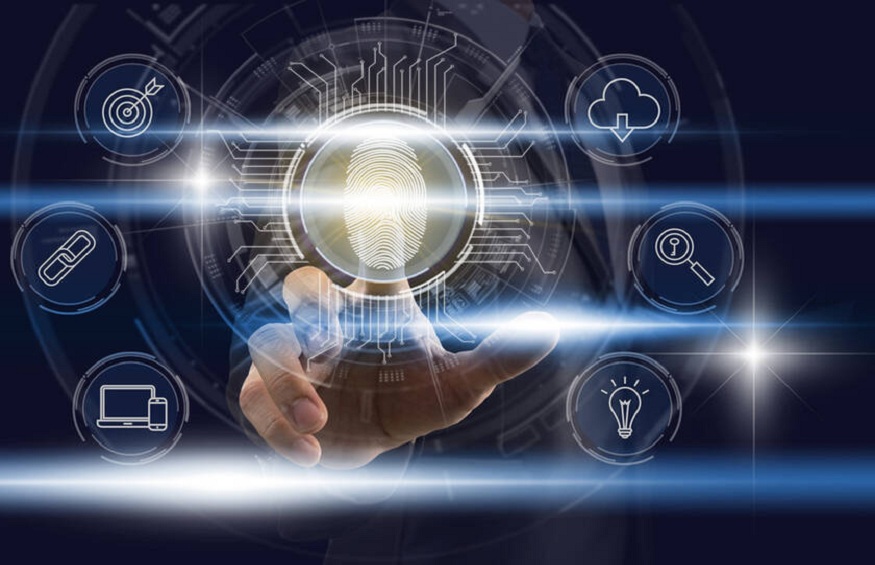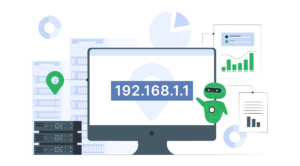Two-factor authentication (2FA) refers to two layers of protection to safeguard the users’ online accountsoncloud-based servers. Usershave to pass through two consecutive security levels to verify their identity.Only then canthey can access the information in the database of the server.It enhances the security of their personal online accounts. They need to provide two different types of personal information to log into this confidential data. It can be in any form like-
- Passwords to their email accounts,
- Personal identification number (PIN) of debit or credit cards,
- One-time password sent to their registered smartphones,
- Biometric fingerprint, facial or retina scan
Michael Coppola is a former police officer from Alpine, New Jersey, with law enforcement, firefighting, and public safety experience. At the height of his career, he held the post of Police Chief for the Palisades Interstate Parkway Police Department. He is currently the founder of CJIS Solutions; it is the first Criminal Justice Information Services (CJIS) compliant cloud-hosting company in America.They offer high-quality IT solutions to the police forces throughout the country.
He says two-factor authentication is a security feature that prevents unauthorized individuals from accessingconfidential online accounts.Internet users often risk compromising their data by entering the same password on numerous websites. They even are vulnerable to password theft by downloadingsuspicious messages on their emails and clicking the links. Two-factor authentication can prevent this kind of cyber-crime and works in the following manner:
- A user logs into a software applicationor website using the Internet,
- He enters his personal username and password in the first security layer,
- The cloud server containing the application or website recognizes the information,
- The server then activates the second log-in identification process,
- The system asks him to enter a one-time password sent tohis smartphone or ID card number, and
- The user thengains access to data on the website after the system authenticates the second information.
Advantages of installing two-factor authentication security features
Companies and other end-usersenjoy the following benefits ofincorporating two-factor authentication features in their computer servers:
- Boost security as a two-level identification procedure that makes data breaches difficult,
- Enhances productivity as only authorized users have access to confidential data,
- Helps reduce the costs and the time-consuming process of resetting passwords,
- The security tool has advanced firewalls and anti-virus software to verify a user’s identity,
- Strengthens their reputation in the minds of the customers, and
- Minimizes the occurrence of cyber-crime like online frauds and identity theft.
Read more: How desktop application testing is helpful for users?
Michael Coppola concludes by saying cyber crimes like phishing and hacking are on the rise. Two-factor authentication protects the confidential data of companies and other end-users on cloud servers.This security feature has the latest anti-virus software and firewalls; these tools verify their identity at two different levels before giving them access to the data. This prevents the incidences of data breaches, online frauds, and identity theft. Moreover, companies can save on costs and time necessary to reset passwords under the single-factor authentication procedure. This helps boost productivity as only authorized users can access and use the data without cyber-threats.




